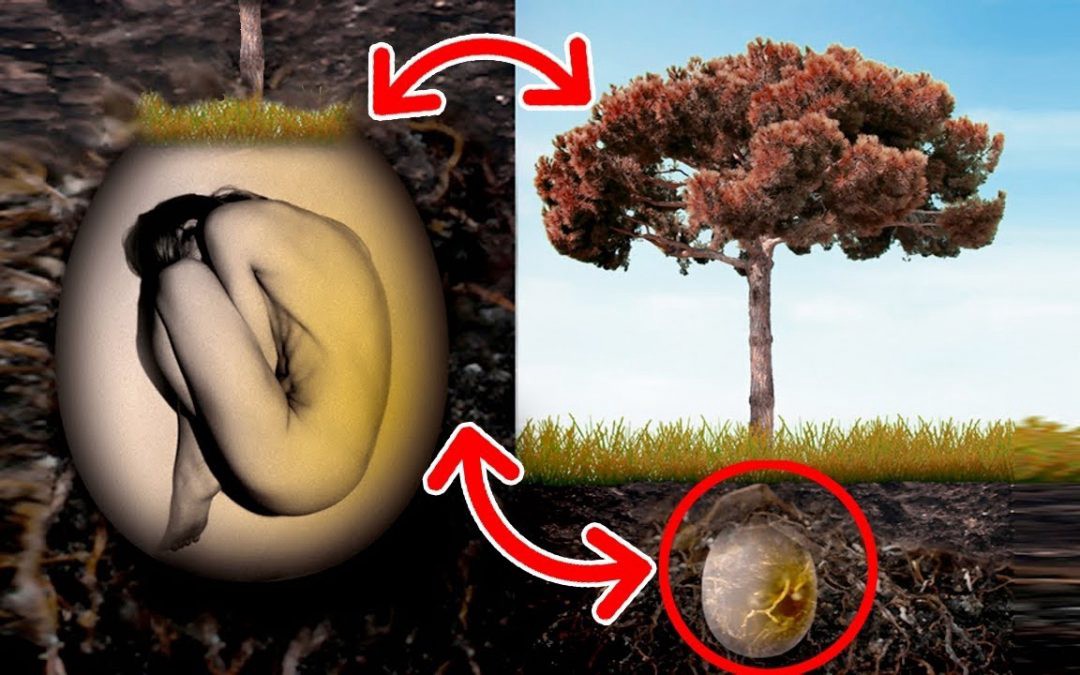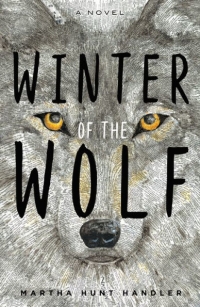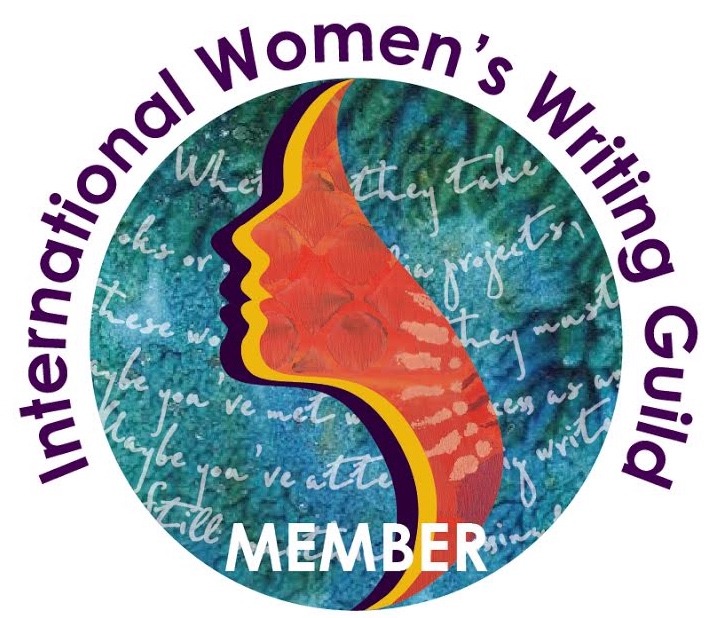We Are Doing Death All Wrong
 With the rising death toll rising at historical rates due to the Covid 19 pandemic, it’s the perfect time for us to rethink the way we deal with death. The one thing we know for certain is that we’re all going to die. Yet, how many of us talk about this eventuality? How many tell our loved ones exactly what we’d like to have done with our remains? And, more importantly, how many of us consider the devastating consequences this decision will have on our planet? Yes, I said devastating.
With the rising death toll rising at historical rates due to the Covid 19 pandemic, it’s the perfect time for us to rethink the way we deal with death. The one thing we know for certain is that we’re all going to die. Yet, how many of us talk about this eventuality? How many tell our loved ones exactly what we’d like to have done with our remains? And, more importantly, how many of us consider the devastating consequences this decision will have on our planet? Yes, I said devastating.In the U.S. there are generally two ways we dispose of a body; burial or cremation. Let’s start with burials. According to the Berkeley Planning Journal, every year, in the U.S. alone, burials use 30 million pounds of hardwood (equivalent to 4 million square acres of forest - enough to build over 90,000 home), 2,700 tons of copper and bronze, 104,272 tons of steel, and 1,636 tons of reinforced concrete. Added to this are the CO2 emissions from cutting down the trees, manufacturing the caskets, digging the graves, transporting the caskets, manufacturing the cement, and the ongoing lawn maintenance of cemetery grounds. To make matters even worse, before the bodies are placed into the casket, they’re embalmed. Why? Simply because it gives funeral homes an opportunity to charge more (usually around $3000) for body preparation, and also because many morticians have been incorrectly taught that it protects public health and they continue to perpetuate this myth. Why is this a big deal? Because embalming is a physically invasive process that annually uses 5.3 million gallons of embalming fluid, which contains a toxic mixture of formaldehyde, glutaraldehyde, methanol and a whole host of other solvents. When the body decomposes in the buried casket, these deadly fluids leach out, eventually ending up in our soil and groundwater. I think it’s worth noting that we didn’t start embalming bodies in America until the Civil War period, because President Lincoln wanted to ward off decomposition until he could return the union dead to their hometowns. For most of us, this isn’t an issue.
And cremations? They’re not much better than burials due to the burning of natural gas, which releases greenhouse gases as well as vaporization and other chemicals that may be present in the body, such as mercury from dental fillings, and dioxins and furans. And those who have a service with an open casket before they’re cremated more than double the environmental damage because their costly casket is burned right along with the body.
So, what are the more environmentally friendly options? Glad you asked.
- Biodegradable Casket - If you’re still set on a burial, skip embalming, even if it means reconsidering your choice of a funeral home, and use a biodegradable casket which allows for a much quicker break down of your remains.
- Green Embalming – If you’re worried about decomposition because your body has to be transported over a long distance, or because your funeral has to be delayed, replace embalming fluid with organic compounds, such as essential oils and resins.
- Promession – This is a process where your remains will be freeze dried after the removal of dental fillings and artificial devices. It results in .04-inch diameter particles of organic material that can be safely returned to the earth.
- Bios Urns - These are essentially biodegradable urns that contain your ashes, some soil and a seed. The urn is biodegradable so you plant the container, water it and, a tree sapling of your choice will grow from your remains.
- Burial Pods – This is basically the same principal as bios urns except your whole body, placed in the fetal position, is put into a pod, from which a tree will grow. Imagine, instead of cemeteries we have beautiful forests.
- Eternal Reefs – Your promession (freeze-dried) remains will be mixed with concrete or set in individual pockets, which is then built into a reef ball to develop or restore coral reefs.
- Donation of a body to medical science – Your remains will aid medical students.
- Donating a body to forensic science – Your remains will allow forensic investigators to study decomposition processes.
- Human composting. This is a new idea that is being currently being studied by Katrina Spade’s Urban Death Project and will allow a way to turn your remains into nutritive compost as quickly as possible.
As many have suggested, this pandemic is a wakeup call that we need to treat our planet better. Let’s not be as much of a burden on the planet when we’re dead as we were when we were alive. We owe it to those who occupy the planet after we are gone to leave as quietly as possible.



